

 Otorhinolaryngology is a surgical subspeciality within medicine that deals with the surgical and medical management of conditions of the head and neck.
Otorhinolaryngology is a surgical subspeciality within medicine that deals with the surgical and medical management of conditions of the head and neck.
Doctors who specialize in this area are called otorhinolaryngologists, otolaryngologists, head and neck surgeons, or ENT surgeons or physicians.
 Dentistry, also known as dental medicine and oral medicine, is the branch of medicine focused on the teeth, gums, and mouth.
Dentistry, also known as dental medicine and oral medicine, is the branch of medicine focused on the teeth, gums, and mouth.
It consists of the study, diagnosis, prevention, management, and treatment of diseases, disorders, and conditions of the mouth, most commonly focused on dentition (the development and arrangement of teeth) as well as the oral mucosa.
Dentistry may also encompass other aspects of the craniofacial complex including the temporomandibular joint. The practitioner is called a dentist.
 Oncology is a branch of medicine that deals with the study, treatment, diagnosis and prevention of cancer. A medical professional who practices oncology is an oncologist.
Oncology is a branch of medicine that deals with the study, treatment, diagnosis and prevention of cancer. A medical professional who practices oncology is an oncologist.
A branch of medicine that specializes in the diagnosis and treatment of cancer. It includes medical oncology (the use of chemotherapy, hormone therapy, and other drugs to treat cancer), radiation oncology (the use of radiation therapy to treat cancer), and surgical oncology (the use of surgery and other procedures to treat cancer).
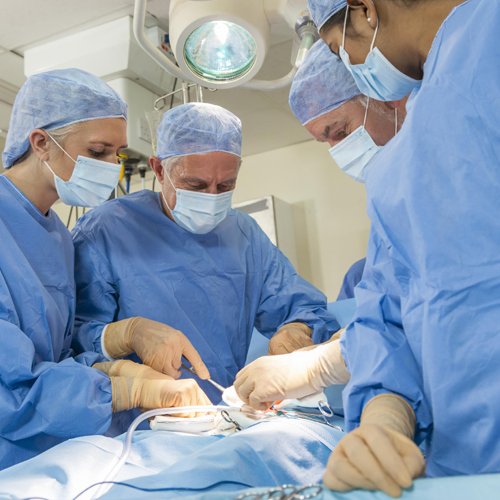 Surgery is a medical specialty that uses operative manual and instrumental techniques on a person to investigate or treat a pathological condition such as a disease or injury, to help improve bodily function, appearance, or to repair unwanted ruptured areas.
Surgery is a medical specialty that uses operative manual and instrumental techniques on a person to investigate or treat a pathological condition such as a disease or injury, to help improve bodily function, appearance, or to repair unwanted ruptured areas.
Surgery is an invasive technique with the fundamental principle of physical intervention on organs/organ systems/tissues for diagnostic or therapeutic reasons.
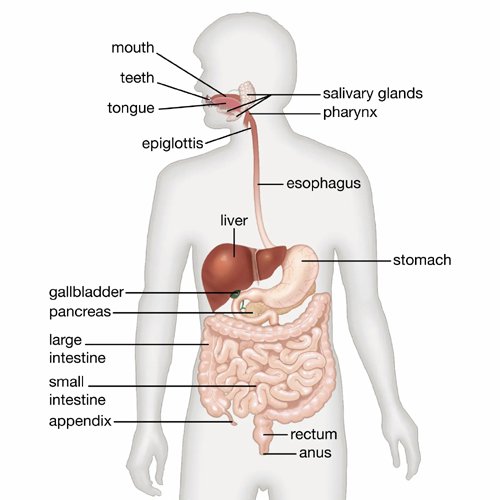 Gastroenterology, medical specialty concerned with the digestive system and its diseases. Gastroenterologists diagnose and treat the diseases and disorders of the esophagus, stomach, intestines, liver, biliary tract, and pancreas. Among the most common disorders they must deal with are gastroesophageal reflux disease (GERD), gastric and duodenal ulcers, malignant tumours, inflammatory bowel diseases, colorectal cancer, and rectal disorders.
Gastroenterology, medical specialty concerned with the digestive system and its diseases. Gastroenterologists diagnose and treat the diseases and disorders of the esophagus, stomach, intestines, liver, biliary tract, and pancreas. Among the most common disorders they must deal with are gastroesophageal reflux disease (GERD), gastric and duodenal ulcers, malignant tumours, inflammatory bowel diseases, colorectal cancer, and rectal disorders.
The first scientific studies of the digestive system were performed by Jan Baptist van Helmont in the 17th century. In 1833 the publication of William Beaumont’s observations shed new light on the nature of gastric juice and the digestive process in general.
 General Medicine, also referred to as Internal Medicine, is a branch of medicine that deals with the prevention, diagnosis and the non-surgical treatments of diseases that are related to the internal organs. In our Internal Medicine Department, we find and understand the causes and symptoms as well as diagnose and treat a huge range of disorders that affect your body. Besides these, we also give you information related to the various types of chronic illnesses and their diagnosis.
General Medicine, also referred to as Internal Medicine, is a branch of medicine that deals with the prevention, diagnosis and the non-surgical treatments of diseases that are related to the internal organs. In our Internal Medicine Department, we find and understand the causes and symptoms as well as diagnose and treat a huge range of disorders that affect your body. Besides these, we also give you information related to the various types of chronic illnesses and their diagnosis.
 The pulmonology department specializes in the diagnosis and treatment of chest or lung problems including; asthma, COPD, sleep disorders, lung cancer, pulmonary fibrosis (interstitial lung diseases), chest infections, bronchiectasis, smoking cessation, pulmonary hypertension. Etc.
The pulmonology department specializes in the diagnosis and treatment of chest or lung problems including; asthma, COPD, sleep disorders, lung cancer, pulmonary fibrosis (interstitial lung diseases), chest infections, bronchiectasis, smoking cessation, pulmonary hypertension. Etc.
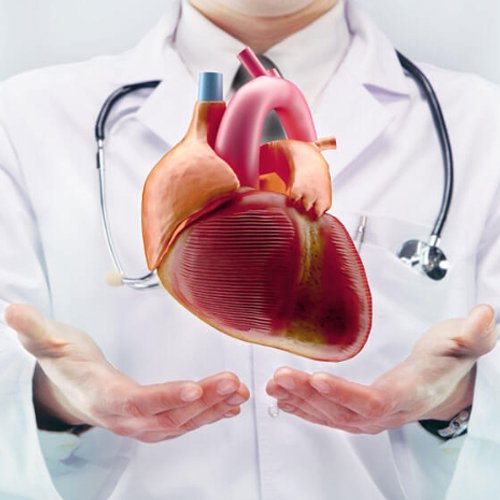 Cardiology is a medical specialty and a branch of internal medicine concerned with disorders of the heart. It deals with the diagnosis and treatment of such conditions as congenital heart defects, coronary artery disease, electrophysiology, heart failure and valvular heart disease.
Cardiology is a medical specialty and a branch of internal medicine concerned with disorders of the heart. It deals with the diagnosis and treatment of such conditions as congenital heart defects, coronary artery disease, electrophysiology, heart failure and valvular heart disease.
Cardiology is a branch of medicine that deals with disorders of the heart and the cardiovascular system. The field includes medical diagnosis and treatment of congenital heart defects, coronary artery disease, heart failure, valvular heart disease and electrophysiology.
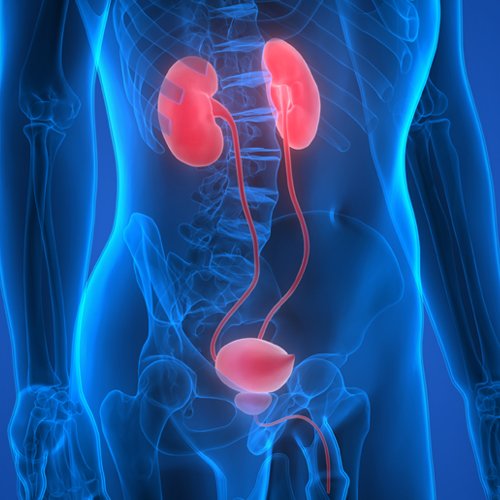 Urology is a surgical speciality that deals with the treatment of conditions involving the male and female urinary tract and the male reproductive organs.
Urology is a surgical speciality that deals with the treatment of conditions involving the male and female urinary tract and the male reproductive organs.
Urology, also known as genitourinary surgery, is the branch of medicine that focuses on surgical and medical diseases of the urinary-tract system and the reproductive organs. Organs under the domain of urology include the kidneys, adrenal glands, ureters, urinary bladder, urethra, and the male reproductive organs.
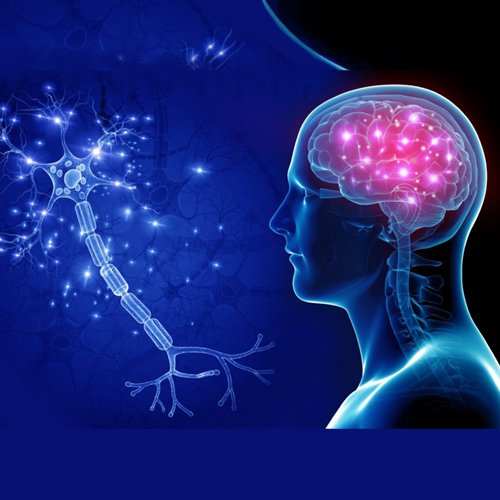 neurology, medical specialty concerned with the nervous system and its functional or organic disorders. Neurologists diagnose and treat diseases and disorders of the brain, spinal cord, and nerves.
neurology, medical specialty concerned with the nervous system and its functional or organic disorders. Neurologists diagnose and treat diseases and disorders of the brain, spinal cord, and nerves.
Neurology is the branch of medicine dealing with the diagnosis and treatment of all categories of conditions and disease involving the brain, the spinal cord and the peripheral nerves. Neurological practice relies heavily on the field of neuroscience, the scientific study of the nervous system.
 Critical Care is a high-quality, peer-reviewed, international clinical medical journal. Critical Care aims to improve the care of critically ill patients by acquiring, discussing, distributing, and promoting evidence-based information relevant to intensivists. Critical Care aims to provide a comprehensive overview of the intensive care field.
Critical Care is a high-quality, peer-reviewed, international clinical medical journal. Critical Care aims to improve the care of critically ill patients by acquiring, discussing, distributing, and promoting evidence-based information relevant to intensivists. Critical Care aims to provide a comprehensive overview of the intensive care field.
Intensive care medicine, also called critical care medicine, is a medical specialty that deals with seriously or critically ill patients who have, are at risk of, or are recovering from conditions that may be life-threatening.
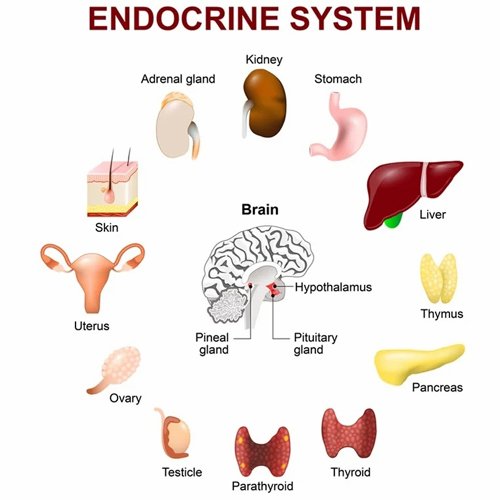 Endocrinology (from endocrine + -ology) is a branch of biology and medicine dealing with the endocrine system, its diseases, and its specific secretions known as hormones. It is also concerned with the integration of developmental events proliferation, growth, and differentiation, and the psychological or behavioral activities of metabolism, growth and development, tissue function, sleep, digestion, respiration, excretion, mood, stress, lactation, movement, reproduction, and sensory perception caused by hormones. Specializations include behavioral endocrinology and comparative endocrinology.
Endocrinology (from endocrine + -ology) is a branch of biology and medicine dealing with the endocrine system, its diseases, and its specific secretions known as hormones. It is also concerned with the integration of developmental events proliferation, growth, and differentiation, and the psychological or behavioral activities of metabolism, growth and development, tissue function, sleep, digestion, respiration, excretion, mood, stress, lactation, movement, reproduction, and sensory perception caused by hormones. Specializations include behavioral endocrinology and comparative endocrinology.
 Ophthalmology is a surgical subspecialty within medicine that deals with the diagnosis and treatment of eye disorders.
Ophthalmology is a surgical subspecialty within medicine that deals with the diagnosis and treatment of eye disorders.
An ophthalmologist is a physician who undergoes subspecialty training in medical and surgical eye care.
 Pediatrics is the branch of medicine that involves the medical care of infants, children, adolescents, and young adults. In the United Kingdom, paediatrics covers many of their youth until the age of 18.
Pediatrics is the branch of medicine that involves the medical care of infants, children, adolescents, and young adults. In the United Kingdom, paediatrics covers many of their youth until the age of 18.
A medical doctor who specializes in this area is known as a pediatrician, or paediatrician. The word pediatrics and its cognates mean "healer of children".
 A branch of medicine that specializes in the care of women during pregnancy and childbirth and in the diagnosis and treatment of diseases of the female reproductive organs.
A branch of medicine that specializes in the care of women during pregnancy and childbirth and in the diagnosis and treatment of diseases of the female reproductive organs.
It also specializes in other women's health issues, such as menopause, hormone problems, contraception (birth control), and infertility.
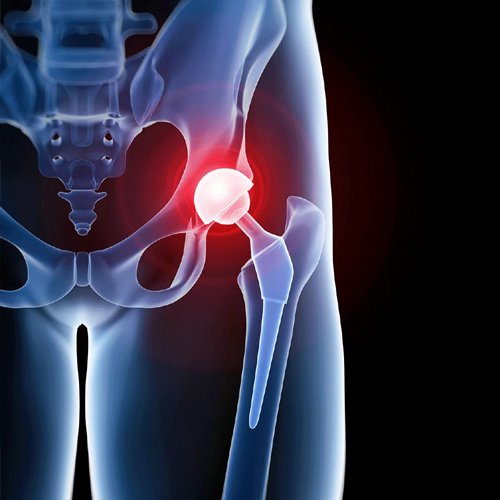 Orthopaedics is a branch of medical science that deals with the diseases and injury of the musculoskeletal system of the body. The musculoskeletal system is a complex system present in the body that includes bones, ligaments, joints, muscles, tendons and nerves, and allows the various kinds of movements done by the body. There was a time when Orthopaedists were solely devoted to providing care to children suffering from limb and spine deformities, but now they cater to the needs of everyone. Now, there are specialised orthopaedists that provide special care to athletes and sportspersons.
Orthopaedics is a branch of medical science that deals with the diseases and injury of the musculoskeletal system of the body. The musculoskeletal system is a complex system present in the body that includes bones, ligaments, joints, muscles, tendons and nerves, and allows the various kinds of movements done by the body. There was a time when Orthopaedists were solely devoted to providing care to children suffering from limb and spine deformities, but now they cater to the needs of everyone. Now, there are specialised orthopaedists that provide special care to athletes and sportspersons.
Designed by Seacom Digital